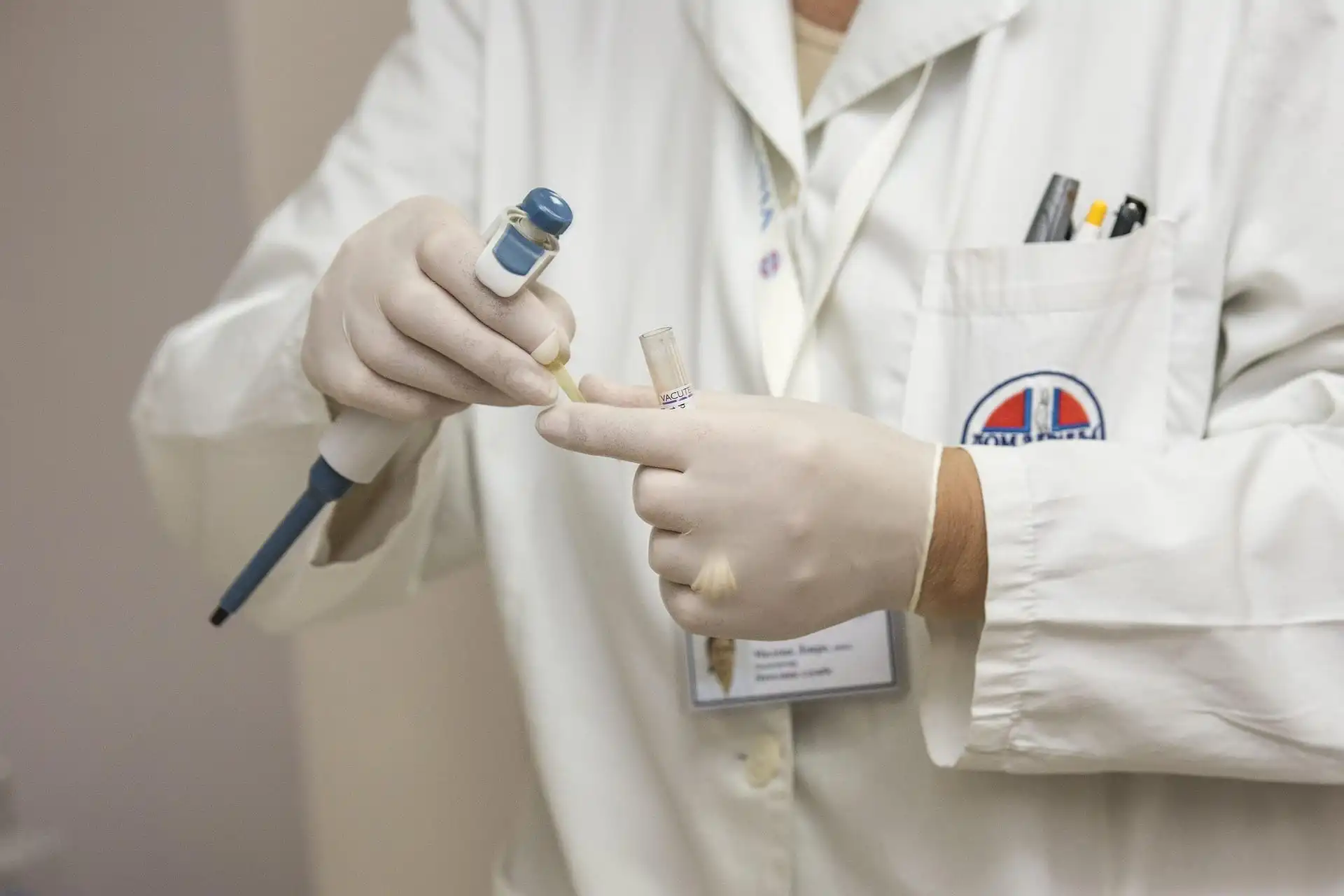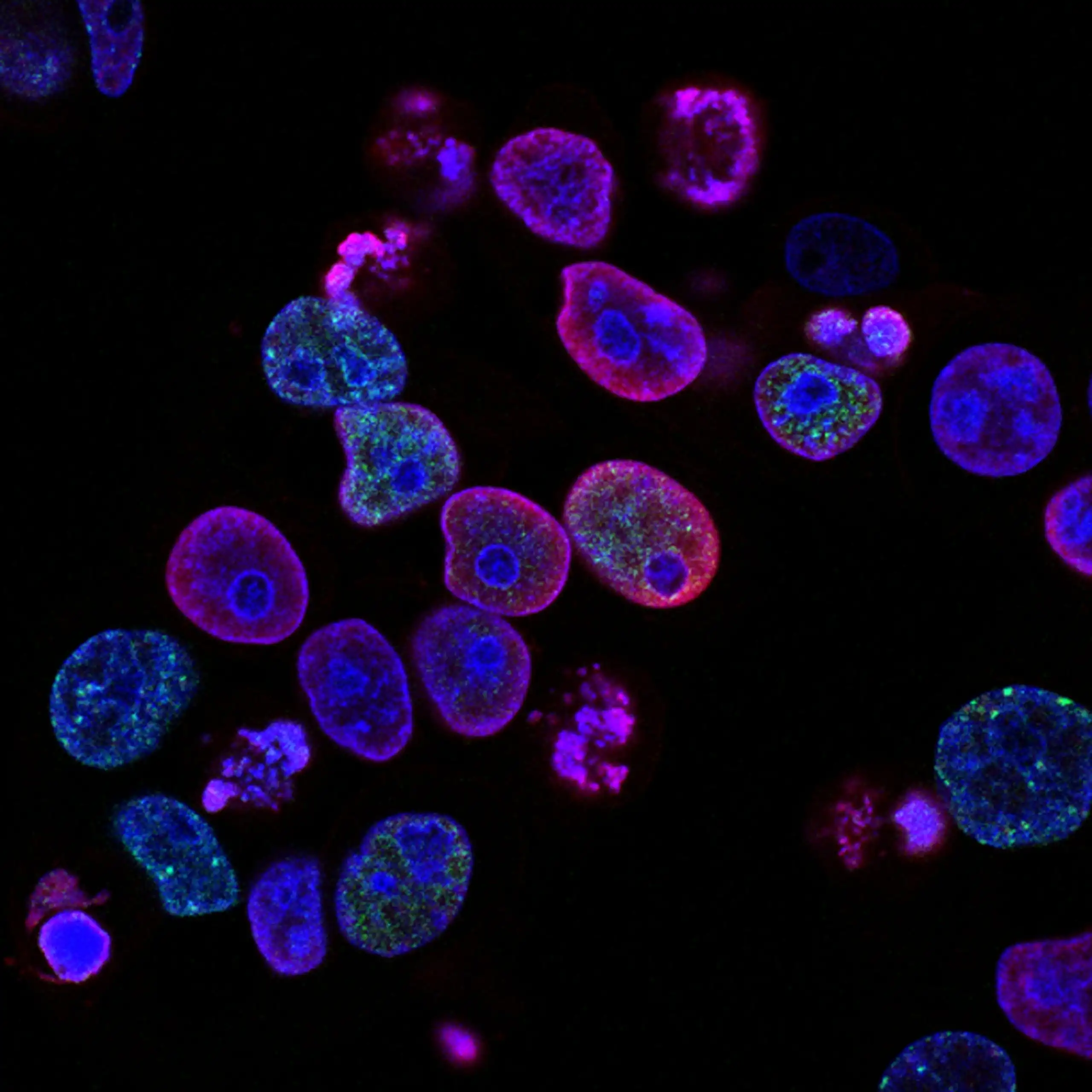
Contract Manufacturing Organizations (CMOs) are manufacturing companies that produce drugs, medical devices, and Active Pharmaceutical Ingredients (APIs) for pharmaceutical companies.
The pharmaceutical CMOs market was valued at US$98,487 million in 2021 and is expected to grow at a CAGR of 6.9% from 2022-2032. This article outlines why pharmaceutical companies are increasingly outsourcing production to CMOs, lists associated industry benefits, and provides a market outlook.
Want to buy GMP API pharmaceutical ingredients ?
MedicaPharma ensures access to GMP active pharmaceutical ingredients across multiple resilient global supply chains. Click here to view a full GMP API product list.
MedicaPharma is capable of supplying all GMP materials needed; our experience with sourcing materials that are difficult to obtain makes us the ultimate choice; just challenge us, we will find any material you need.
Add your Chemical Name below and click GO!
Get your requested raw materials quotation
Table of Contents
Why Pharmaceutical Companies Use CMOs
Sourcing pharmaceutical materials can be challenging for some companies, mainly when specific pharmaceutical ingredients are unavailable or cost-intensive. CMOs help streamline the drug production process, allowing pharmaceutical companies to focus on research and development.
Other benefits of contracting production to CMOs include:
1. CMOs fill in gaps when specific substances are unavailable.
CMOs usually manufacture drugs that have been developed by biotech firms or pharmaceutical companies and approved by regulatory bodies. However, CMOs may also produce pharmaceutical products currently unavailable for several reasons, including those still undergoing clinical trials.
Get your requested raw materials quotation
2. CMOs offer easy scalability and flexibility.
CMOs specialize in drug manufacturing operations, enabling them to leverage processes that allow for easy scalability. Flexibility is especially critical to regulating supply, particularly for pharmaceutical companies facing fluctuating product demand.
3. CMOs help drug companies save money.
CMOs can take advantage of economies of scale to reduce manufacturing costs, ultimately leading to lower production expenses for drug companies and, in some cases, lower drug prices for consumers.
4. CMOs can help ensure regulatory compliance.
CMOs typically have strict quality control procedures in place, producing APIs to high standards in accordance with Good Manufacturing Practices (GMP).
5. CMOs enable a faster time-to-market.
Contracting API production to CMOs can help pharmaceutical companies bring drugs to market quickly. CMOs typically achieve faster manufacturing by leveraging streamlined processes and economies of scale when compared to in-house manufacturing.
Types of Drugs Produced by CMOs
CMOs manufacture a wide range of pharmaceutical products, including:
- Active Pharmaceutical Ingredients (APIs)
- Small Molecules
- Generic Drugs
- Biologics
- Biosimilars
- Over-The-Counter (OTC) drugs
- Pharmaceutical Intermediates
APIs vs. Pharmaceutical Drugs
APIs refer to one or more active substances within a drug, while the drug is the final product administered to the consumer.
APIs vs. Pharmaceutical Intermediates
Pharmaceutical intermediates are chemical compounds synthesized during the API manufacturing process.
Intermediates are not intended for final use by consumers, but are essential components that are subjected to additional processing to manufacture the API. In contrast, APIs are biologically active compounds associated with the effect of the drug.
Get your requested raw materials quotation
CMO Market Outlook
According to the Milan-based Chemical Pharmaceutical Association (CPA), the World Pharmaceutical Contract Research and Manufacturing Services (PCRAMS) industry is growing rapidly.
The association recently released a report claiming that revenues rose 10.8% on average every year to reach $70 billion in 2012. Regions of focus include China with 26% year-over-year growth, and India.
Recent research by Visiongain reveals that the CMO industry is expected to grow at a CAGR of 6.9% from 2022-2032. According to the report, growth is catalyzed by technological innovation, specifically data integration across multiple systems, data repositories that provide insights into drug performance, and software applications that improve trial design.
Where to Buy CMO-Produced Pharmaceutical Products
MedicaPharma is an EU-based pharmaceutical distribution partner that collaborates with CMOs to provide GMP-certified active pharmaceutical ingredients (APIs) to clients worldwide. Click here for a product list.
CMO API Production FAQ
Measures consumers can take to overcome quality control issues include checking for certifications, reading labels carefully, consulting with healthcare experts, and purchasing from reliable sources.
MedicaPharma partners with established Swiss and Asian companies to distribute GMP-grade APIs to clients worldwide. Click here to learn more.
Pharmaceutical sourcing refers to a set of processes involved in producing and distributing pharmaceutical products. This includes the identification and selection of suppliers that provide products at the desired quantity, cost, and quality.
Several methods for pharmaceutical procurement include: Electronic Procurement (e-Procurement), Request for Proposal (RFP), Sole Source Procurement, Request for Quotation (RFQ), and Competitive Bidding.
Several types of APIs that are available include: synthetic APIs, natural APIs, biologic APIs, semi-synthetic APIs, and Highly Potent APIs (HPAPIs). The API type used to produce a pharmaceutical product typically depends on the use of the drug, safety considerations, and manufacturing requirements.
MedicaPharma is an EU-based pharmaceutical distribution company that works with pharmaceutical partners throughout the global supply chain to provide GMP-certified APIs. Click here for a list of available products.




















